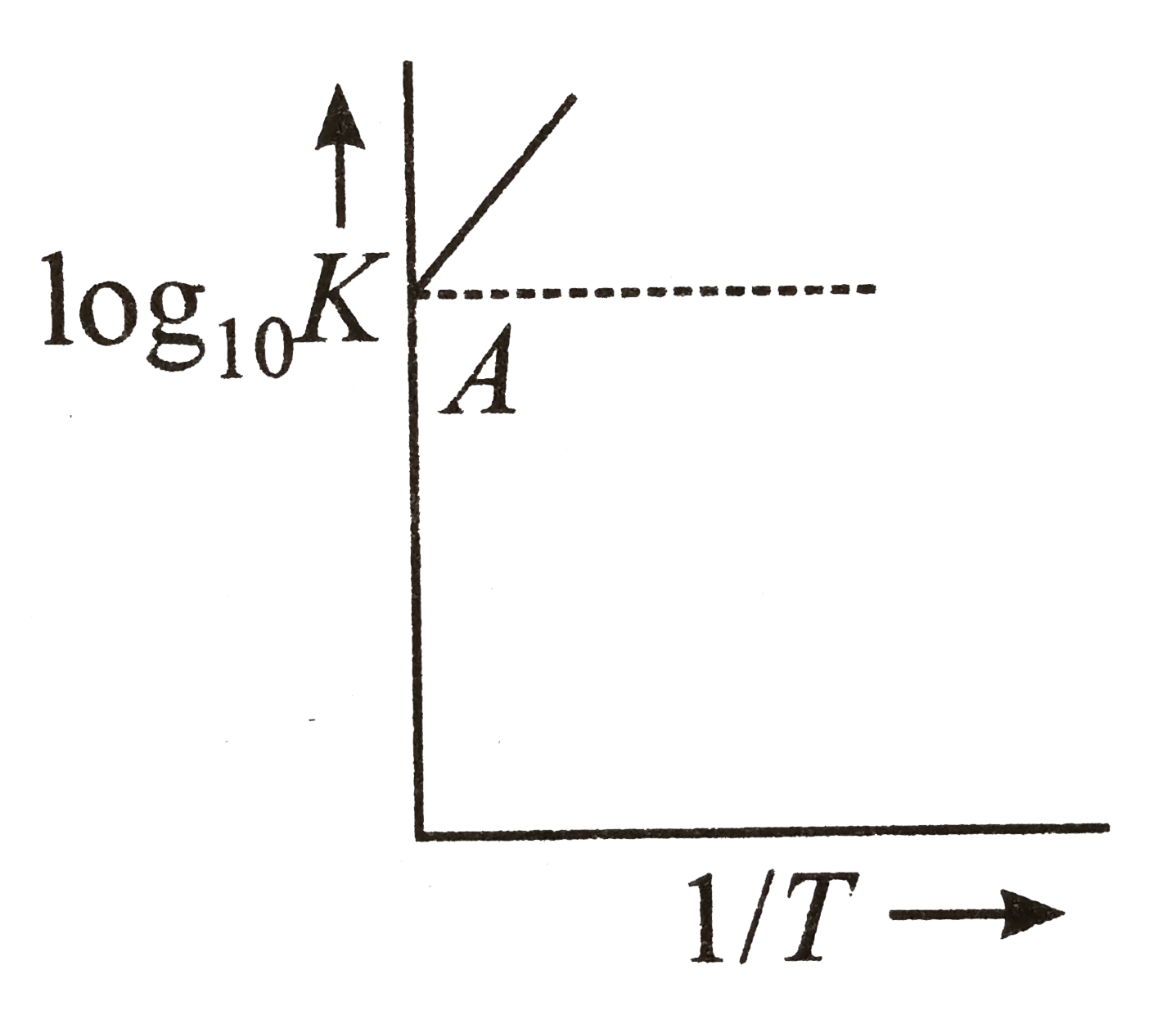Complete Solutions to Advanced Level Problems (Part-2)(Section-1) of chapter CHEMICAL EQUILIBRIUM of Class 11 book with complete answers and questions
| Class 11 | CHEMISTRY |
| Chapter | CHEMICAL EQUILIBRIUM |
| RESONANCE | Advanced Level Problems (Part-2)(Section-1) |
| Number Of Questions | 7 |
| Academic Year | 2023-24 |
Write the equilibrium constant of the reaction
`C(s)+H_(2)O(g)hArrCO(g)+H_(2)(g)`
View SolutionFor the reaction `PCl_(5)hArrPCl_(3)+Cl_(2)`, Supposing at constant temperature, if the volume is increased `16` times the initial volume, the degree of dissociation for this reaction will becomes:
View SolutionA vessel of `10L` was filled with `6` mole of `Sb_(2)S_(3)` and `6` mole of `H_(2)` to attain the equilibrium at `440^(@)C` as:
`Sb_(2)S_(3)(s)+3H_(2)(g)hArr2Sb(s)+3H_(2)S(g)`
After equilibrium the `H_(2)S` formed was analysed by dissolving it in water and treating with excess of `Pb^(2+)` to give `708 g "of" PbS` as precipitate. What is value of `K_(c)` of the reaction at `440^(@)C`?(At. weight of `Pb=206)`.
View SolutionVariation of `log_(10)K` with `(1)/(T)` is shown by the following graph in which straight line is at `45^(@)` , hence `Delta H^(@)` is:

View Solution`aA+bBhArrcC+dD`
In above reaction low pressure and high temperature, conditions are shift equilibrium in back direction so correct set:
View SolutionThe value of `K_(p)` for the reaction at `27^(@)C`
`Br_(2)(l)+CI_(2)(g)hArr2BrCI(g)`
is `1atm`. At equilibrium in a closed container partial pressure of `BrCI` gas `0.1atm` and at this temperature the vapour pressure of `Br_(2)(l)` is also `0.1`atm. Then what will be minimum moles of `Br_(2)(l)` to be added to `1` mole of `CI_(2)`, initially, to get above equilibrium stiuation,
View Solution`C(s)hArr2A(g)+B(s)`
If the dissociation of `C(s)` is `alpha` and `d` is the density of the gaseous mixture in the container. Initially container have only `C(s)` and the reaction is carried at constant temperature and pressure.
View Solution
Advanced Level Problems (Part-2)(Section-1) questions and complete solutions for chapter CHEMICAL EQUILIBRIUM of RESONANCE ENGLISH of Class 11
All Exercises from RESONANCE Class 11 CHEMISTRY CHEMICAL EQUILIBRIUM
- (MSPs)
- Advanced Level Problems (Part-1)
- Advanced Level Problems (Part-2)(Section-1)
- Advanced Level Problems (Part-2)(Section-2)
- Advanced Level Problems (Part-2)(Section-3)
- Advanced Level Problems (Part-3)(Stage-1)
- Advanced Level Problems (Part-3)(Stage-2)
- Advanced Level Problems (Part-3)(Stage-5)
- Board Level Exercise
- Exercise-1 (Part-1)
- Exercise-1 (Part-2)
- Exercise-2 (Part-1)
- Exercise-2 (Part-2)
- Exercise-2 (Part-3)
- Exercise-2 (Part-4)
- Exercise-3 (Part-1)
- Exercise-3 (Part-2)
- INORGANIC CHEMISTRY(Metallurgy)
- ORGANIC CHEMISTRY(Alkyl Halide, Alcohol,Phenol,Ether)
- PHYSICAL CHMISTRY (CHMICAL EQUILIBRIUM)
- Solved examples